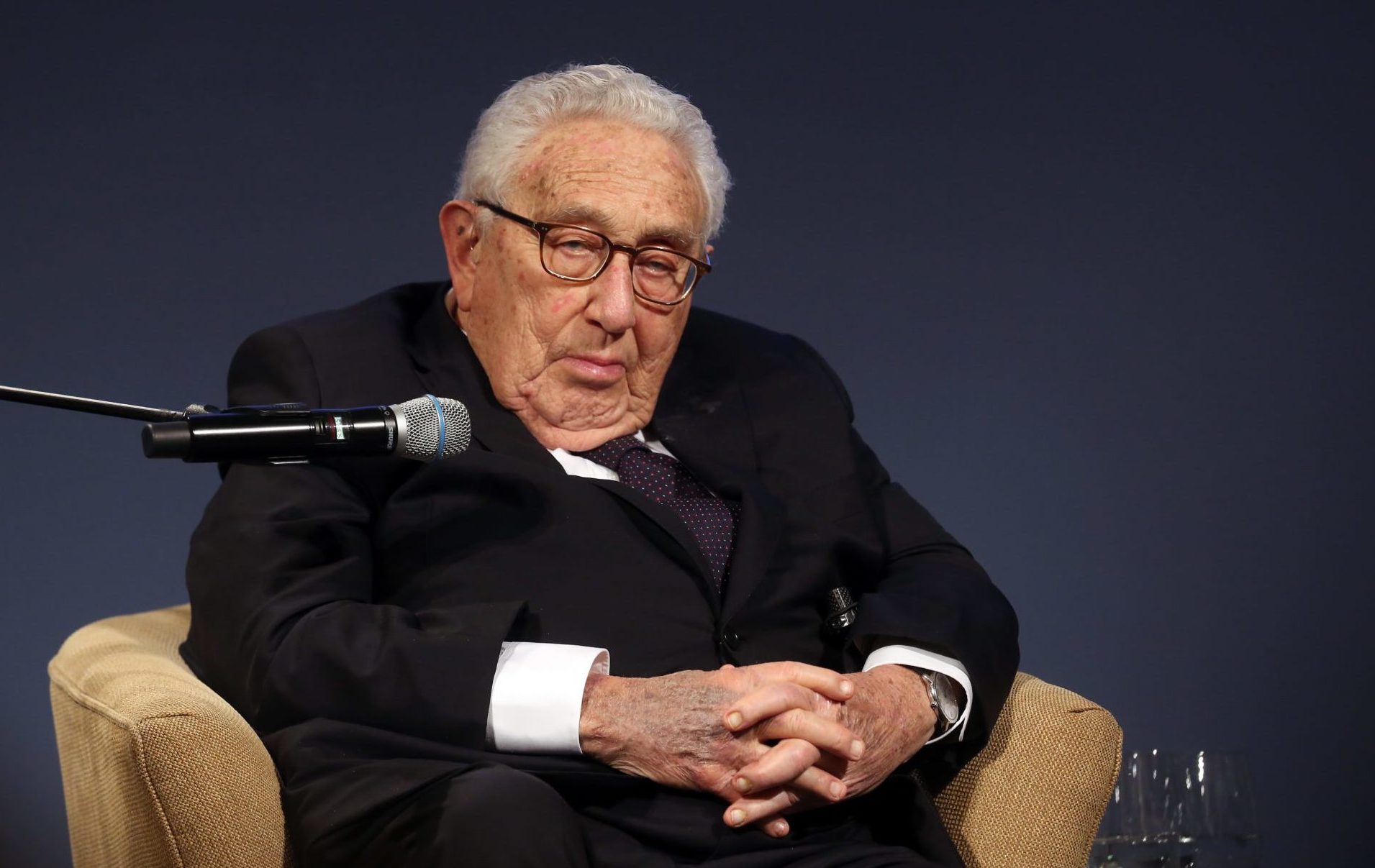Not Another Cold War

On Monday the CIA announced it had added two stars to its Memorial Wall for fallen officers. The memo is, appropriately for the shady world of intelligence, vague. Perhaps these quiet dead Americans were not killed in Ukraine; perhaps they did not even die recently. But one does wonder.
In a surreal recent exchange, a colleague wondered how many American lives must be spent on top of the $54 billion in taxpayer money to scrape out a stalemate in East Ukraine. What is our interest there? As if summoned from my least charitable imaginings, an aging swamp creature appeared, indignant in response, to declare the American dead worth it, all the money worth it, to give Russia a defeat. It was, he said, like when we gave weapons to the mujahideen in Afghanistan to fight the Soviets, never mind Osama Bin Laden’s second career. It was, he said, like WWII all over again; if you give a dictator a bit of land, like the mouse and the cookie, he’ll want more of it.
Perhaps when the war party is sending its people they are not sending their best. I shouldn’t take stale arguments from a man clinging to Cold War glory days as the best case for further American involvement in Ukraine. But I might counter one Cold Warrior with another and suggest that Henry Kissinger’s recent comments at Davos be given due consideration. The former secretary of State said that Ukraine should be willing to concede territory in the east to Russia in pursuit of peace. “Negotiations need to begin in the next two months before it creates upheavals and tensions that will not be easily overcome,” Kissinger said, as reported in the Daily Telegraph. “Ideally, the dividing line should be a return to the status quo ante. Pursuing the war beyond that point would not be about the freedom of Ukraine, but a new war against Russia itself.”
Kissinger warned against the West being caught up in the “mood of the moment.” The mood of the moment is an acknowledged proxy war with Russia, one to which, as the Wall Street Journal reported, the Pentagon is eager to deploy U.S. special forces (let’s pretend they are not already on the ground “advising”). Is this a flex? A threat? Do they think the Kremlin doesn’t read the Journal?
It hardly seems feasible for the Ukrainian army to retake land that has been contested now for nearly a decade without the open involvement of the United States. That is my colleague’s point as much as Kissinger’s; there is no path to a resounding defeat of Russia that does not involve escalation and court disaster. Returning to the territorial status quo ante is about as close to a win-win as can be had in a war that has already killed and displaced so many.
Si vis pacem, para bellum; if you want peace, prepare for war. Peace, after all, ought to be the goal, not war for war’s sake. A slow, grinding return to the status quo ante will cost more Ukrainian, and probably soon American, lives. If something like it can be achieved at the negotiating table before those lives are spent, and before reckless monetary aid and dramatic sanctions further damage Western economies, then let us count our blessings.
The liberal internationalists will say they are waging war for long-term peace, that Russia must be punished, left so weakened as to offer no threat in the future. The trouble is that a cornered nuclear power is a cornered animal with nuclear weapons. The other trouble is that Ukrainians are not going to eke out a win like that alone; if a defeated Russia is the goal, then the goal is to get even more involved.
Kissinger is concerned with long-term peace, too, with the balance of power in Europe. Let’s ponder that. If Putin were in fact to be given a resounding defeat, somehow without open war with NATO or nuclear escalation—consider the unlikely hypothetical for a moment—then an already unstable Europe would be made all the more precarious. The E.U. and NATO represent shared interests among European countries in relation to the United States and Russia. Germany and France are, take your pick of the big wars, historical rivals. History is not ended.
It is a response to American domination, first militarily and then economically, that has brought Europe’s major powers together, and it was a response to Russian power to the east that has kept them together. Why should France let Germany set economic policy when that security interest is removed from the equation? What is NATO without a Russia worth fearing? The Poles, in their hatred for Russians, seem to have forgotten Lord Ismay’s comment, that NATO’s purpose is “to keep the Russians out, the Americans in, and the Germans down.” That last part is important, too; invasions of Poland have, famously, not only come from the east.
Unfortunately for all of us, though, Kissinger’s comments come to us from the World Economic Forum meeting at Davos. The jetset global class gave Volodymyr Zelensky’s call for further sanctions and further war a standing ovation.